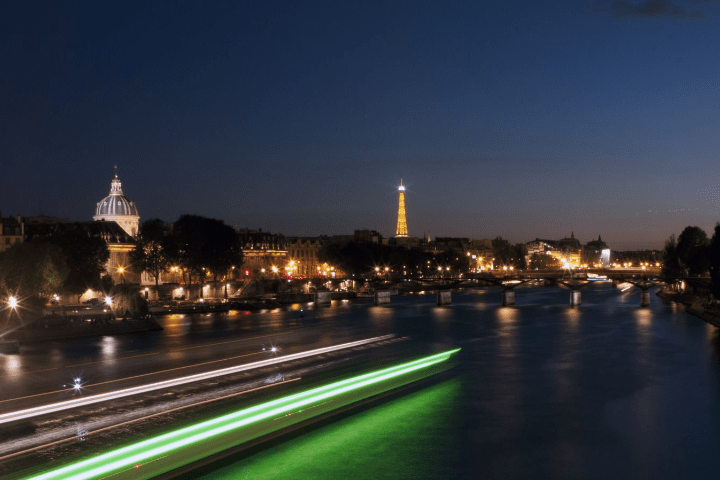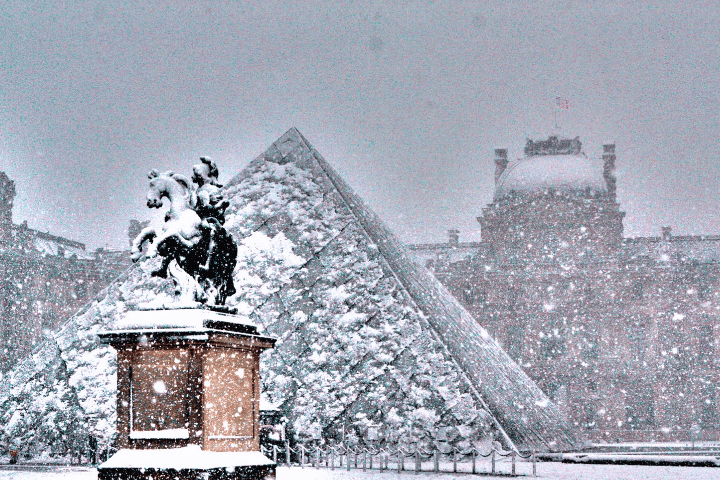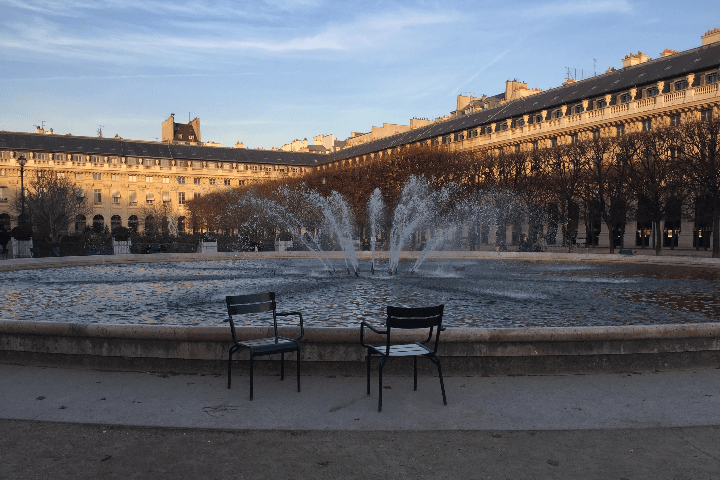L'École du Louvre (The Ecole du Louvre), France
L'École du Louvre, situated in the Aile de Flore of the Louvre Palace in Paris, France, is a higher education institution founded in 1882 which aims to extract the knowledge hidden in works of art in order to train curators, missionaries and excavators.
Selected St Andrews students participate in an intensive three-week summer school from late June to mid-July.
Who can go?
Postgraduate students in the School of Art History.
A three week placement is open to postgraduate students in Art History. A semester long research placement is also available to doctoral students.
How to apply
Applications for L'École du Louvre open in November or December for entry the following summer.
You should request an application form from your School’s study abroad coordinator. You should submit this, along with an academic reference by the deadline set by the School of Art History.
After you apply, you may be interviewed by your School and the Study Abroad team.
If you are selected to participate in the exchange, St Andrews will nominate you to L'École du Louvre.
Current students can contact study abroad coordinators to find out more.
Your studies
The three-week placement comprises a combination of lectures and seminars, alongside practical visits to museums and heritage sites in the Paris area. Students are taught by leading Paris-based curators and researchers about museology, the history of museums, issues in
For the semester long exchange available to postgraduate researchers, you will be part of unique research community. The general research programme, Heritage and Museology: places, objects and methods, brings together researchers from across the École, the Louvre

Passport and visas
You should ensure that your passport is valid for the duration of your trip, and for at least six months after you return to the UK. You should scan your passport and keep a copy for your records.
If you are a European Union national, you will not require a visa and may enter the European Union countries with your passport or national identity card. Please note that you may have to comply with legal obligations, such as registering your address with the local authorities.
If you are an international student who has a visa to study in the UK, and you have any questions about the implications of studying or working abroad whilst matriculated at St Andrews, you should consult Student Services by emailing advint@st-andrews.ac.uk. You can also check the passports and visas page for further information.
About the institution
L'École du Louvre is a higher education institution offering courses in the history of art, archaeology, epigraphy, history of civilizations, anthropology and museology. Founded in 1882, it has the status of a public institution under the Ministry of Culture.

Finance
As an exchange student, you will not pay tuition fees to your host university, and will only be liable for your normal St Andrews tuition fees.
Research Council students should make sure that they have their funding body’s permission to study abroad, notifying them particularly for any mobility grants that they may be receiving.
Accommodation
L'École du Louvre does not offer accommodation to its students, so you should be prepared to look for private accommodation.
There are many private accommodation options and the following sites may help in the search:

Travel and transport
Most students arrive in Paris at Charles de Gaulle Airport, and the Louvre is situated in the centre of the city. A monthly Metro card is a good idea for travelling often and cheaply around Paris.
Contact
Global Office
University of St Andrews
A11
Bute Building
Westburn Lane
St Andrews
KY16 9TS
Phone: +44 (0)1334 46 2245
Email: studyabroad@st-andrews.ac.uk